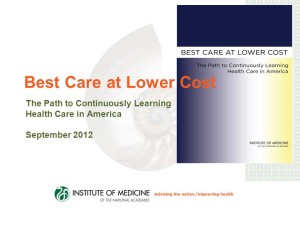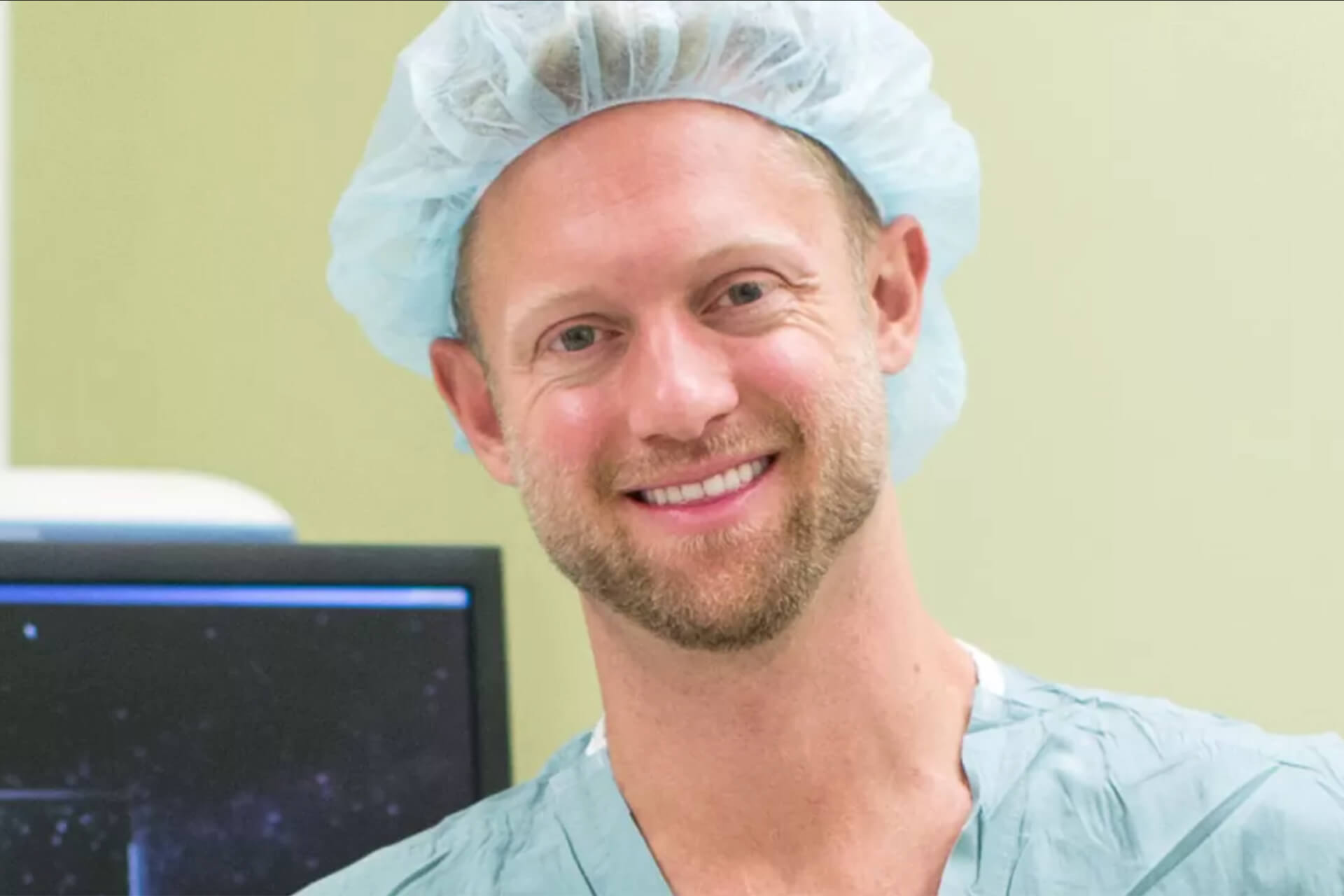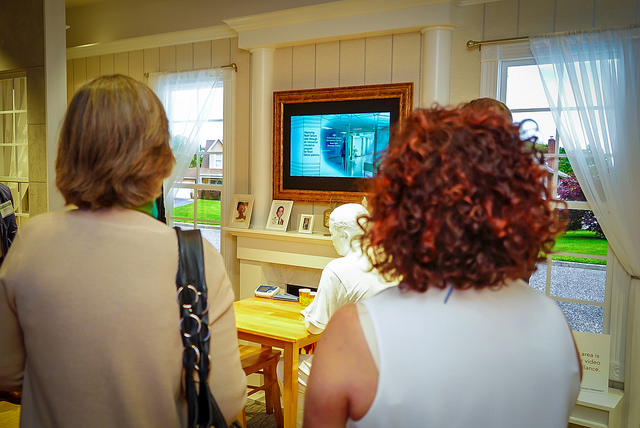Does the word learning associated with a health care system cause concern? Most people want to be assured that their care providers already understand all there is to know. In fact, a learning health care system is synonymous with care that is constantly evolving and improving based on new evidence. The concept of creating a voluntary certification for health care organizations to achieve designation as a learning health care system was fodder for an exploratory discussion among a small group of health care thought leaders at a September convening of the National Academy of Medicine in Washington, DC.
As a representative of the nation’s largest, private, not-for-profit health plan, serving more than 10 million people, the Kaiser Permanente Institute for Health Policy was invited to join the discussion. Also present were experts from academia; government agencies such as the Centers for Disease Control and Prevention, the Food and Drug Administration, and the Agency for Healthcare Research and Quality; The Joint Commission; Association of American Medical College; American Medical Group Association, and others.
 In its 2012 publication, Best Care At Lower Cost: The path to continuously learning health care in America, The Institute of Medicine laid out a definition of a learning health care system, which is a key component to achieving higher quality care at lower cost. “A learning health care system is one in which science, informatics, incentives, and culture are aligned for continuous improvement and innovation, with best practices seamlessly embedded in the care process, patients and families active participants in all elements, and new knowledge captured as an integral by-product of the care experience.”
In its 2012 publication, Best Care At Lower Cost: The path to continuously learning health care in America, The Institute of Medicine laid out a definition of a learning health care system, which is a key component to achieving higher quality care at lower cost. “A learning health care system is one in which science, informatics, incentives, and culture are aligned for continuous improvement and innovation, with best practices seamlessly embedded in the care process, patients and families active participants in all elements, and new knowledge captured as an integral by-product of the care experience.”
With this goal in mind, the group spent time debating the nomenclature – learning health care system. To me the word “learning” denotes humility, but more so suggests to consumers and those of us on the inside that health care is dynamic, self-aware, and willing to change to make good use of new information. But other attendees suggested that the word might possibly have the counter-effect, raising anxiety in consumers who believe that the health care system is fully informed.
The primary goal of creating this certification would be to accelerate progress toward continuous learning in health care to improve health outcomes. One might logically ask: has anyone seen a learning health care system before, and how would we know when we’ve come in contact with one? Well, a number of health care organizations deem themselves as such, and are also acknowledged by others in the field, accordingly. Not surprisingly, these organizations are kindred spirits – they resemble one another in more ways than one. Some household names are: Kaiser Permanente, Geisinger, Intermountain Health Care, Mayo Clinic, and the Cleveland clinic. On the public side, the Veterans’ Administration is also considered a learning health care system by many. When we examine these organizations, we find common characteristics that exist among them that are in concert with the idea of learning. Included are visionary leadership, data-enabled care, complete transparency (or a goal thereof), incorporation of new knowledge (through research activities) into care processes, promotion of patient engagement activities, and seeding of innovative ideas for scale and spread. Several in the room encouraged the group to think about implementing a tiered certification program in consideration of the needs of the smaller, and in some instances, rural health systems that may not have the resources/capital and full complements of the larger systems named above, or the means to get there.
In contemplating next steps, this certification could offer other potential values. On one hand, it could be something that distinguishes a hospital system and serve as a differentiator in the marketplace, or a “feather in their hat,” that allows them capitalize on the designation of a learning health care system as marketing tool. Likewise, the value of the designation might benefit consumers who are, increasingly, faced with decisions about their health care – plan choices, provider choices, and care sites. One might argue that it’s not hugely different from the mom who seeks out and chooses to deliver her baby at a hospital that has achieved “mother-friendly/baby-friendly” designation for its maternity program.
If we agree that this certification would yield a cadre of high-performing health care institutions and the by-products would include continuous learning, improvements in care delivery, organizational goals matched with patient goals, increased transparency, improved health outcomes – what is the barrier to forging ahead? Or is this just too disruptive to the status quo? While many will need to take a multitude of steps to become a learning system, the good news is that this is not uncharted territory; so existing models such as Kaiser Permanente, and others, can lead the way.




